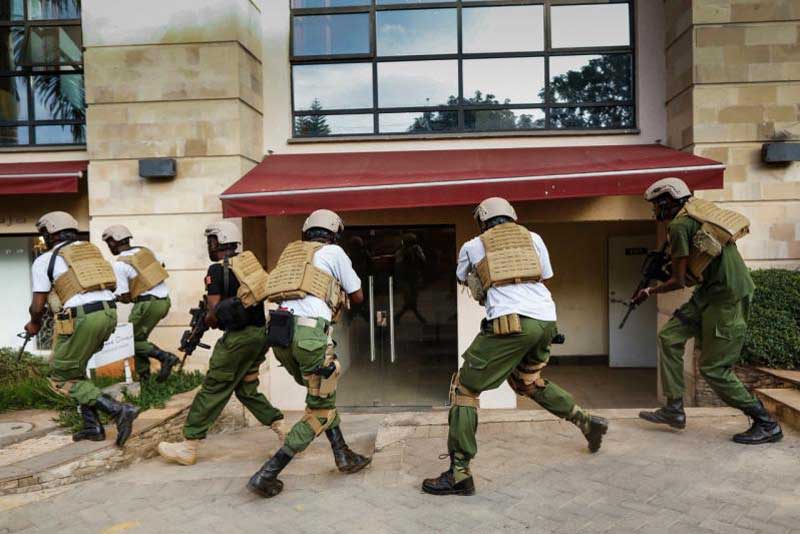
The recent attack on Dusit Hotel on Nairobi’s Riverside Drive is a vivid reminder of the need to maintain vigilance at the local, national and international levels. The attacker was Al Shabaab with its links to Al Qaeda, an international terror organisation.
It, the Al Qaeda, attacked symbols of American global power in Nairobi in 1998 and in New York and Washington DC in September 2001. Although the attacks brought Kenyans and Americans together as victims, they disagreed on who was to blame and agreed that Al Qaeda and its local affiliate, the Al Shabaab, needed dealing with decisively.